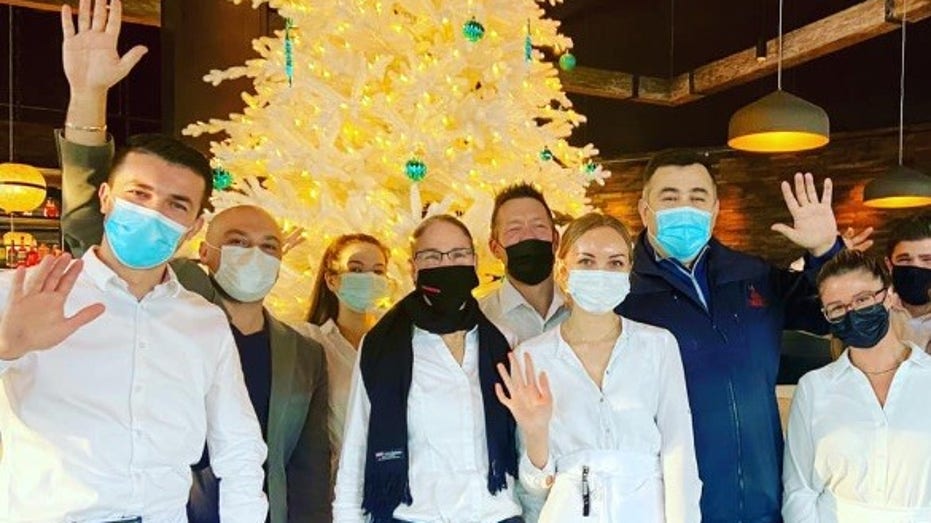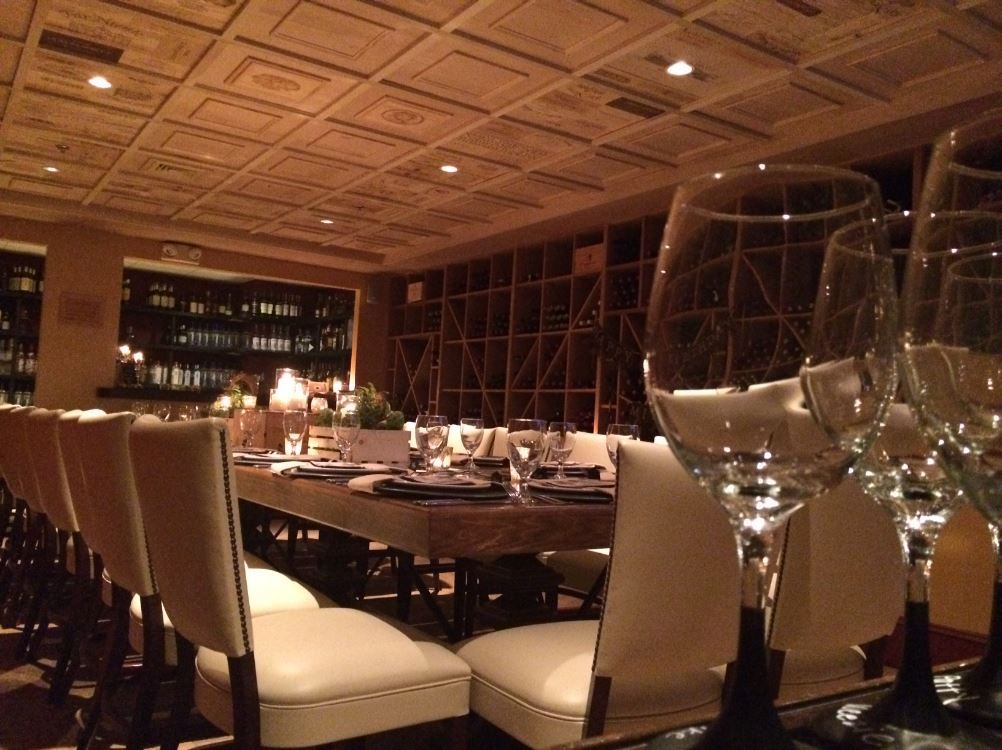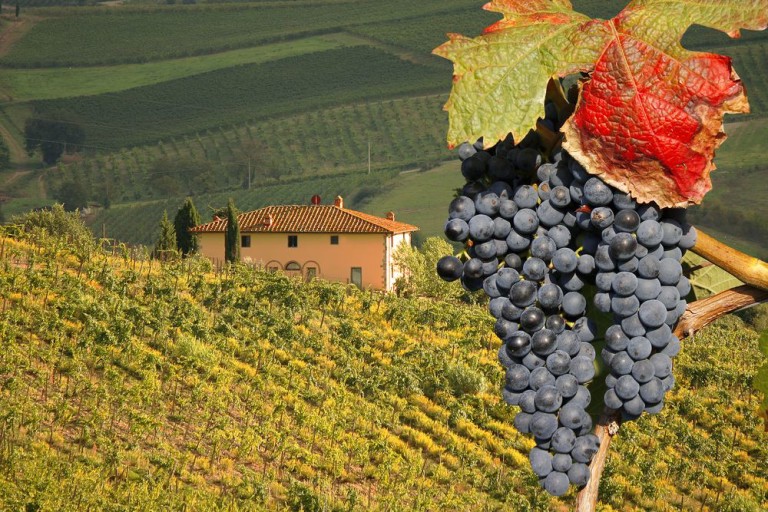
He knew that if he escaped, his family would be punished, but his father, Zef Keka gave Leo his blessing. "It was a way to survive," he said.īy 1990, the crumbling of Communist rule in the Soviet Union and other Eastern European countries was shaking Albania, and Keka was restless to leave, "to seek a better world," he said. He was assigned to kitchen duty and discovered that he enjoyed cooking. Like all young men, he was conscripted into the army when he was 18. "You could get put in jail for listening." As he grew older, he listened too, "but we never talked to anyone about it," he said. His parents tuned in forbidden Voice Of America broadcasts on a Chinese-made radio.

"Sometimes there was no food," Keka recalled. Dictator Enver Hoxha had closed all the parishes and executed some priests.

They were Catholic but had to worship in secret at home. His family lived on a farm outside the old city of Shkoder. Albania was poor and ruled by an ultra-Communist regime allied with Mao Tse-Tung’s Communist China. Keka was born in 1968, one of four sons and a daughter. "Where else could I do what I’ve done?" Keka said, as he checked Alba’s bar and dining room on a recent day. He escaped by swimming across a lake into Yugoslavia, and was held for months in a refugee camp before a charity paid for his flight to the United States, and freedom.

He grew up in a small town, under one of the most repressive Communist dictatorships of the Cold War era. Keka is living the dream, in ways most of his patrons don’t suspect. He lives in Milton, and his children attend Roman Catholic schools. At 49, the Albania native owns and runs two popular Quincy Center restaurants, Alba and its next-door companion Zef. QUINCY - Leo Keka personifies the American Dream.


 0 kommentar(er)
0 kommentar(er)
